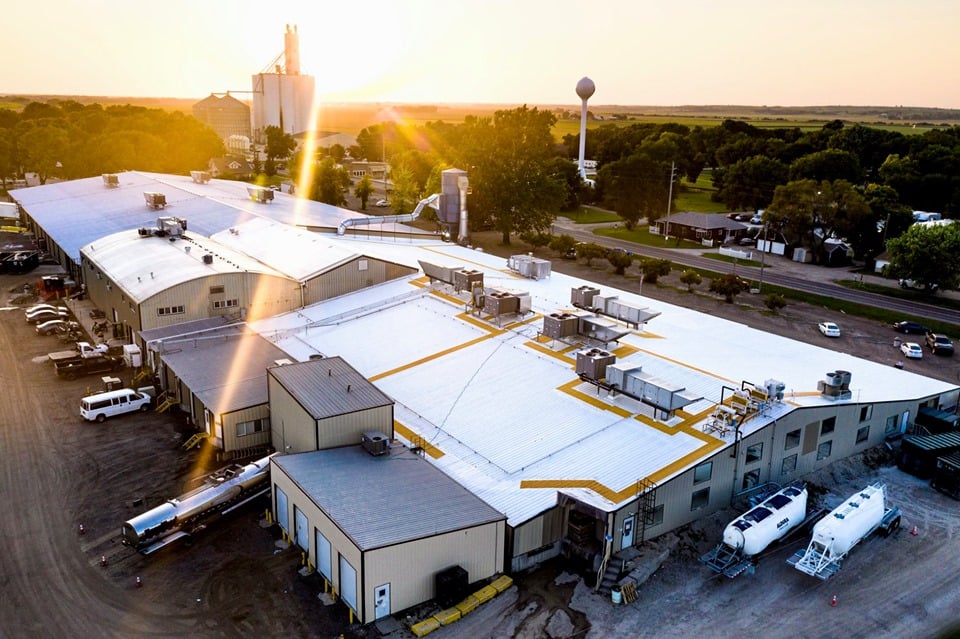Roof Repair in Miami is a common concern for many property owners. Understanding the types of commercial roofing and their advantages and disadvantages can help you make informed decisions about your roof. In this blog, we’ll explore different commercial roofing types and shed light on the pros and cons of each.
Types of Commercial Roofing Materials
Commercial roofing comes in various materials, each with its unique features. Here are some common types:
Metal Roofs
Metal roofs are durable and long-lasting. They provide excellent protection against harsh weather conditions and are resistant to fire. However, they can be noisy during heavy rain.
Single-Ply Membrane Roofs
These roofs are lightweight and easy to install. They offer good UV resistance and are cost-effective. However, they may require more maintenance over time.
Built-Up Roofing (BUR)
BUR consists of multiple layers of asphalt and reinforcing fabrics. It’s known for its strength and durability. On the downside, it can be heavy, and installation may take longer.
Commercial Flat Roofs: Pros & Cons
Flat roofs are a popular choice for commercial buildings. Let’s look at the advantages and disadvantages:
Advantages of Flat Roofs
Accessibility: Flat roofs provide easy access for maintenance tasks and installations of equipment like HVAC units.
Space Utilization: The flat surface allows for additional usable space, such as rooftop gardens or solar panel installations.
Cost-Effective: Flat roofs are often more cost-effective to install and maintain compared to sloped roofs.
Disadvantages of Flat Roofs
Drainage Issues: Proper drainage is crucial for flat roofs to prevent water ponding, which can lead to leaks and other issues.
Durability: Flat roofs may require more frequent maintenance, and their lifespan can be shorter compared to sloped roofs.
Advantages of Low-Sloped Roofs
Low-sloped roofs offer a middle ground between flat and steep-sloped roofs. Here are some advantages:
⦁ Water Drainage: Low-sloped roofs allow for better water drainage compared to flat roofs.
⦁ Design Versatility: These roofs offer more design options than flat roofs, allowing for better aesthetics.
When considering commercial roofing options, it’s essential to weigh the advantages and disadvantages of each type. Regular maintenance is key to ensuring the longevity of your roof. For roof repair in Miami, consult a reliable roofing contractor to address any issues promptly and efficiently. Making informed decisions about your commercial roof will contribute to the overall well-being and longevity of your property.

